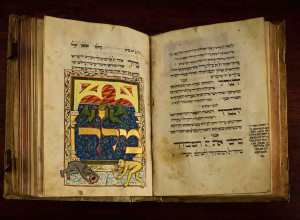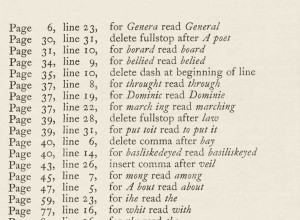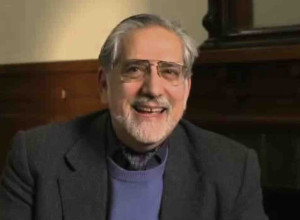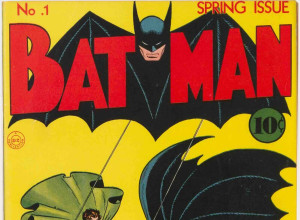The Books That Stir Us
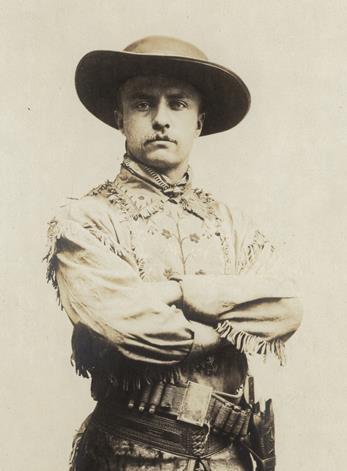
Courtesy of the Theodore Roosevelt Center
Theodore Roosevelt in North Dakota.
Nothing worthwhile ever happens in a vacuum. Authors say it all the time, because it's true: there is no greater satisfaction than the knowledge that something you have written has found an appreciative readership, and if you're really lucky, to have touched a person's life in some tangible way. Writers are inspired to soldier along and spend years on dreams and ideas that they hope ultimately will find their way between hard covers, and then cross their fingers, waiting for the response.
Reviews from critics, of course, are one of the key vital signs of the business--and it would be disingenuous of me in the extreme to suggest that I don't await their appearance with keen anticipation--but what matters the most, by far, is what readers "out there" feel about your work. Letters, emails, people you meet at public events, comments that have been posted on blogs--all provide a means for dialogue. But I have to tell you about an event I attended last week at Lorain County Community College (LCCC) just outside of Cleveland that has left me weak in the knees.
 About a year ago, I was contacted by Kevin Hoskinson (at right, with yours truly), a professor of English at the college, with news that one of my books, "Every Book Its Reader: The Power of the Printed Word to Stir the World," had inspired the formation of a student essay program, to be called "The Books That Stir Us: The Basbanes Project." If something like that doesn't get your attention, nothing does. Using the stories related in EBIR as a model, Hoskinson had invited submission of thousand-word essays centered on a basic premise: "What one book has contributed most to the story of your current life." Hoskinson secured funding for the project, and was able to offer $500 prizes for three winning entries, selected on a blind submission basis by a panel of judges.
About a year ago, I was contacted by Kevin Hoskinson (at right, with yours truly), a professor of English at the college, with news that one of my books, "Every Book Its Reader: The Power of the Printed Word to Stir the World," had inspired the formation of a student essay program, to be called "The Books That Stir Us: The Basbanes Project." If something like that doesn't get your attention, nothing does. Using the stories related in EBIR as a model, Hoskinson had invited submission of thousand-word essays centered on a basic premise: "What one book has contributed most to the story of your current life." Hoskinson secured funding for the project, and was able to offer $500 prizes for three winning entries, selected on a blind submission basis by a panel of judges.
 A total of fifty-seven essays were turned in, with books ranging from "Who Moved My Cheese?" and "The Diary of Ann Frank" to "The Lord of the Flies," "The Road Less Traveled," and the Bible. I had the singular pleasure to be present last week at the awards ceremony, called a "celebration of books, learning, and of students." The winners--pictured here with NAB--were Sara Davidson, for "Ishmael,"
by Daniel Quinn; Tristan Rader, for "The Little Engine That Could," by
Watty Piper; and Benjamin Willets, for "The One Straw Revolution," by
Masanobu Fukuoka.
A total of fifty-seven essays were turned in, with books ranging from "Who Moved My Cheese?" and "The Diary of Ann Frank" to "The Lord of the Flies," "The Road Less Traveled," and the Bible. I had the singular pleasure to be present last week at the awards ceremony, called a "celebration of books, learning, and of students." The winners--pictured here with NAB--were Sara Davidson, for "Ishmael,"
by Daniel Quinn; Tristan Rader, for "The Little Engine That Could," by
Watty Piper; and Benjamin Willets, for "The One Straw Revolution," by
Masanobu Fukuoka.
The names of all the participants, and their books, are posted on the project website, along with links to the texts of their essays, which I hope you all take some time to check out. They're wonderful, and I agree with Kevin, I wish we could have given cash awards to everyone. The festivities included the showing of a fabulous video produced by the college's marketing and broadast media coordinator, Ron Jantz, which I hope will be available for general viewing soon. A very special day, all around--one made all the more memorable by an evening a few of us spent the night before at Progressive Field for a Red Sox-Indians game (won in the 10th inning by Boston on a Jonathan Van Every home run.)
Reviews from critics, of course, are one of the key vital signs of the business--and it would be disingenuous of me in the extreme to suggest that I don't await their appearance with keen anticipation--but what matters the most, by far, is what readers "out there" feel about your work. Letters, emails, people you meet at public events, comments that have been posted on blogs--all provide a means for dialogue. But I have to tell you about an event I attended last week at Lorain County Community College (LCCC) just outside of Cleveland that has left me weak in the knees.
 About a year ago, I was contacted by Kevin Hoskinson (at right, with yours truly), a professor of English at the college, with news that one of my books, "Every Book Its Reader: The Power of the Printed Word to Stir the World," had inspired the formation of a student essay program, to be called "The Books That Stir Us: The Basbanes Project." If something like that doesn't get your attention, nothing does. Using the stories related in EBIR as a model, Hoskinson had invited submission of thousand-word essays centered on a basic premise: "What one book has contributed most to the story of your current life." Hoskinson secured funding for the project, and was able to offer $500 prizes for three winning entries, selected on a blind submission basis by a panel of judges.
About a year ago, I was contacted by Kevin Hoskinson (at right, with yours truly), a professor of English at the college, with news that one of my books, "Every Book Its Reader: The Power of the Printed Word to Stir the World," had inspired the formation of a student essay program, to be called "The Books That Stir Us: The Basbanes Project." If something like that doesn't get your attention, nothing does. Using the stories related in EBIR as a model, Hoskinson had invited submission of thousand-word essays centered on a basic premise: "What one book has contributed most to the story of your current life." Hoskinson secured funding for the project, and was able to offer $500 prizes for three winning entries, selected on a blind submission basis by a panel of judges. A total of fifty-seven essays were turned in, with books ranging from "Who Moved My Cheese?" and "The Diary of Ann Frank" to "The Lord of the Flies," "The Road Less Traveled," and the Bible. I had the singular pleasure to be present last week at the awards ceremony, called a "celebration of books, learning, and of students." The winners--pictured here with NAB--were Sara Davidson, for "Ishmael,"
by Daniel Quinn; Tristan Rader, for "The Little Engine That Could," by
Watty Piper; and Benjamin Willets, for "The One Straw Revolution," by
Masanobu Fukuoka.
A total of fifty-seven essays were turned in, with books ranging from "Who Moved My Cheese?" and "The Diary of Ann Frank" to "The Lord of the Flies," "The Road Less Traveled," and the Bible. I had the singular pleasure to be present last week at the awards ceremony, called a "celebration of books, learning, and of students." The winners--pictured here with NAB--were Sara Davidson, for "Ishmael,"
by Daniel Quinn; Tristan Rader, for "The Little Engine That Could," by
Watty Piper; and Benjamin Willets, for "The One Straw Revolution," by
Masanobu Fukuoka.The names of all the participants, and their books, are posted on the project website, along with links to the texts of their essays, which I hope you all take some time to check out. They're wonderful, and I agree with Kevin, I wish we could have given cash awards to everyone. The festivities included the showing of a fabulous video produced by the college's marketing and broadast media coordinator, Ron Jantz, which I hope will be available for general viewing soon. A very special day, all around--one made all the more memorable by an evening a few of us spent the night before at Progressive Field for a Red Sox-Indians game (won in the 10th inning by Boston on a Jonathan Van Every home run.)






